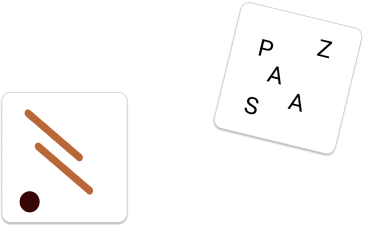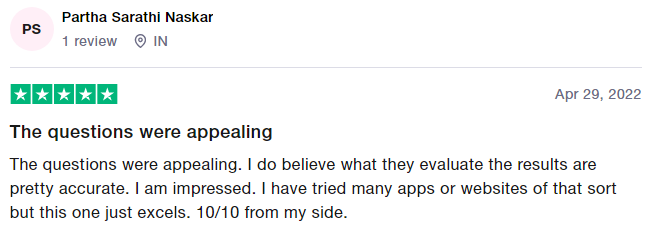The IQ score is the level of intelligence that you have been assigned according to the score that you achieved in the intelligence test. Or the level of the person for which you are consulting that IQ score for that matter. The IQ is always the result of a comparison with the average test result that was achieved by the people who participated during the test construction (also called test sample), or in other words, the persons that were used during the IQ test trials to find out the average score of the test (also called mean).
On the basis that the average score of the test is always assigned a
100 IQ score, then if you were better than the average, so will your score be better than 100. The better you were in comparison, the higher the score. The worse, then the lower. Imagine that you do a 30-question test which has an average of 15 questions answered correctly, then obtaining 15 correct answers would secure you an IQ score of 100, while 16 correct answers would grant you an IQ over 100 and 14 under 100. The exact calculations can be a bit complex, but you can learn more
here.
For any given IQ score, we can find out an IQ interval, which tells us the range within which the real score lies. We present to you the scored IQ interval for the consulted IQ.
.png)

.png)

